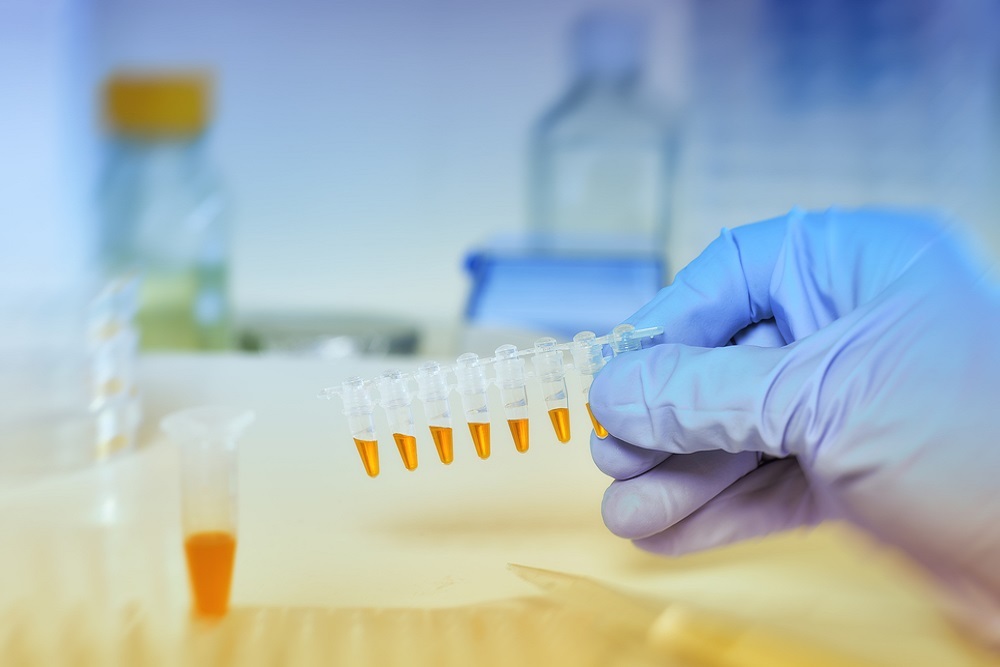A collaboration to develop biomarker technology was announced by Bristol-Myers Squibb Co. and Nordic Bioscience last week.
The focus of the collaboration is fibrotic diseases such as non-alcoholic steatohepatitis (NASH).
“Addressing the significant need for better diagnostic and monitoring tools in fibrotic diseases is a key element of Bristol-Myers Squibb’s fibrosis strategy to help patients suffering from these debilitating conditions,” Bristol-Myers Squibb head of Cardiovascular, Fibrosis and Immunoscience Development Mike Burgess said. “We continue to invest in innovative approaches to develop more precise methods to diagnose disease and monitor progression and we are pleased to partner with Nordic Bioscience and leverage their vast experience in biomarker development.”
A biomarker is a molecule that allows researchers to non-invasively diagnose and monitor the progression of a disease or condition. Fibrosis is a condition where inflammation and scar tissue develop in an organ or tissue. NASH may lead to cirrhosis, liver cancer and liver failure. There are no approved treatments for NASH.
While Bristol-Myers Squibb has been working to develop treatments for serious diseases, such as NASH and idiopathic pulmonary fibrosis, a progressive and often fatal lung disease, Nordic Bioscience has specialized in precision medicine. Nordic Bioscience brings 25 years of experience with biomarker technology to the collaboration.













 Alerts Sign-up
Alerts Sign-up